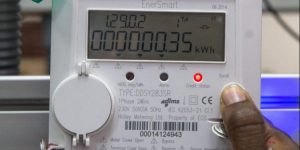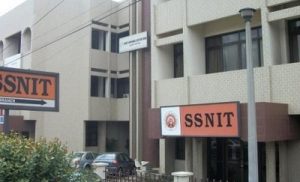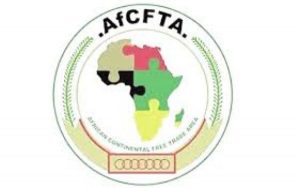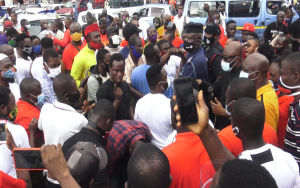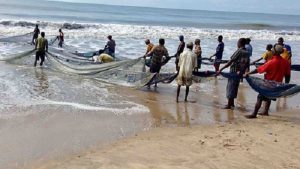The Economic Community of West African States has initiated a project aimed at generating regular data on trade volumes, values and composition by the informal sector. The ultimate aim is to secure data that would enable the ECOWAS Commission to formulate and implement more effective policies and a more impactful framework for cross border trade within the sub region by taking into consideration the situation and potentials of the informal sector which current guesstimates reckon adds on another 40-45 percent to the official trade levels currently being reported.
It is estimated that some US$500 million in informal cross border trade is done among ECOWAS member states annually.
Initially the trade data to be sought will focus primarily on agricultural goods, since that is the sector where the informal sector in the sub region is most active and crucially, where the country of origin of the goods being traded can be ascertained correctly. Manufactured goods produced outside the continent – particularly in Asia – are often repackaged in West African counties and then exported to other countries within the sub region – particularly Nigeria with its 170 million strong consumer market – duty free by taking advantage of the ECOWAS Trade Liberalization Scheme ETLS.
Samba Kanoute, programme officer with the ECOWAS Commission explains that several organizations will be involved in then effort on a daily basis going forward. He further explains that hitherto data obtained has been based on samples from trading activities and so can be inaccurate. The new initiative will attempt to capture all activity thereby increasing data accuracy dramatically. The data will then be used to design trade support and facilitation initiatives than would persuade informal traders to formalize their activities in order to benefit. Currently for example, informal traders do not benefit from the ECOWAS Trade Liberalization Scheme which allows for duty free export of goods manufactured in member states into their neighbours jurisdictions. Rather, they end up paying hefty bribes to customs officials to facilitate entry which should have been free.
To secure accurate information on cross border trade in agricultural goods, the ECOWAS Commission, with support from the African Union’s NEPAD programme among other stakeholder institutions, has contracted WACTAF, recognized as the leading specialist organization with regards to agricultural product trade chains in the sub region. WACTAF aims to use a carefully designed IT driven process leveraging on its deep understanding of how informal cross border traders in agricultural goods operate to determine both volumes and values of such trade which are not currently captured in official data generated by member states respective customs agencies.
The information will be used by the ECOWAS Commission and other stakeholders in sub regional trade integration to devise initiatives and frameworks that facilitate more voluminous and more efficient cross border trade between members. It will also provide information that can be used to bring informal traders into the formal sector which would facilitate their access to crucial business support services such as trade finance and insurance.
Data will be generated on informal cross border trade between most – but initially not all – ECOWAS member states, the exceptions for now primarily being Cape Verde, Guinea Bissau and Guinea. Instructively trade involving Nigeria, Ghana, Cote d’Ivoire and Senegal accounted for more than four-fifths of all informal cross border trade in West Africa and all activities in those countries will be captured by the new initiative.
While official data, which only captures formal trade activities in the sub region puts the proportion of member states intra sub regional international trade at just about 12 percent of their total cross border trade, it is expected that when informal trade volumes and values are included this figure will rise significantly.
AlhajimSalami Nasiru Alasoadua, Executive President of WACTAF: “We will collect data from the key loading and offloading points where cross border trade within ECOWAS member states starts from and terminates. For instance, agricultural produce trade between Ghana and Burkina Faso uses Bolgatanga market as a major staging post.’
A key initiative which WACTAF will use is the establishment of Border Information Centres, on major informal trade centres which will provide informal traders with useful information in exchange for requisite data on their trading volumes and values.
Eventually the data obtained will be given to the African Continental Free Trade Agreement’s Secretariat, located in Accra, says Christopher Mensah-Yawson to enable it scale up intra African trade as a whole.
Trade analysts note that the commencement of AfCFTA is serving as a wakeup call to ECOWAS which now fears that it may lose trading market share as its members look further afield for markets and sources of goods, since they will enjoy the same preferential trade terms as trade within ECOWAS attracts.


